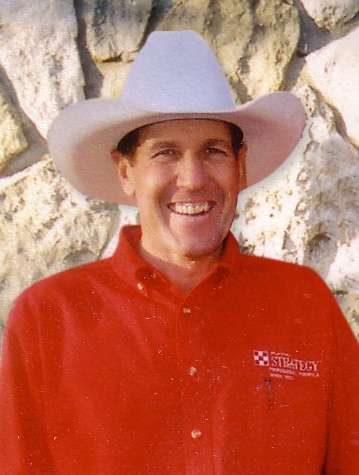Besides quality hay, water, and a way to get in out of the cold, horses require additional attention during winter months.
Horses grow out their coats in the winter and are well adapted to the cold. However, they need more food to keep up their energy level and body weight.
Monte Stauffer, University of Nebraska equine specialist, said as the temperatures go down, horses need to be fed more energy. The best source of energy for them is hay.
“Alfalfa hay has got a little more energy than the grass hay, but both of them can be good quality. Hay, as it ferments in their digestive system, gives off heat,” Stauffer said. “As it gets colder, horses should get more hay.”
When they’re eating all the hay they can but still shivering or losing weight, then owners can start adding grain to increase the energy content. But Stauffer said to do this gradually because it can upset their digestive system if they’re not used to getting grain.
Make sure there’s plenty of fresh water, too. Eating snow doesn’t count.
“If they drink less water, then that can cause more digestive problems because they’re eating dry hay and dry feed and grain. And if they don’t get an adequate supply of water, then that can cause impaction colic, where things are just too dry,” Stauffer said.
“The best thing if possible is to keep water between 40-and-60-degrees.”
Horses kept in the barn during the winter should be let out for exercise. This increases their appetite and reduces boredom. A bored horse will start chewing, cribbing, biting, and kicking at its surroundings.
When they’re in their stall, be sure it’s kept clean and there’s good ventilation, so the horse doesn’t develop respiratory problems.
There are blankets made to help keep horses warm, but most don’t need them.
Ann Swinker, horse specialist at Penn State University, said horses have a natural insulating layer of fat and a thick hair coat to keep them warm.
However, there may be times when you’re dependent on a blanket to do what nature does. A sick, very young, or very old horse might benefit from the extra protection. Show horses that have their winter coat clipped for showing would, too.
Swinker said it’s important to make sure to use the right size blanket, so it doesn’t rub the skin raw if it’s too tight or get caught in the hooves if the blanket is too loose. Measure the horse from the point of the shoulders to the point of the rump.
“One size isn’t always the same, so ask if you can open it up and re-measure the blanket,” Swinker said.
“If you have, let’s say, a Saddlebred or an Arabian with a level croup, you don’t want to get one that’s made for a Quarter Horse with a sloping rump because it’ll be rubbing it back there, so you want to try to pick brands that are made for that type of horse.”
If the horse will be turned out in wet weather and it’s in mud all the time, make sure the blanket is waterproof.
“The bad thing is, if that blanket gets wet and it’s sitting on the horse wet, now the hair underneath is wet, so the insulation of their hair is gone. The blanket’s chilled and it’s laying on them there’s no insulation left,” Swinker said. “You don’t want to do that, that’s really unhealthy for the horse.”
+++30+++





